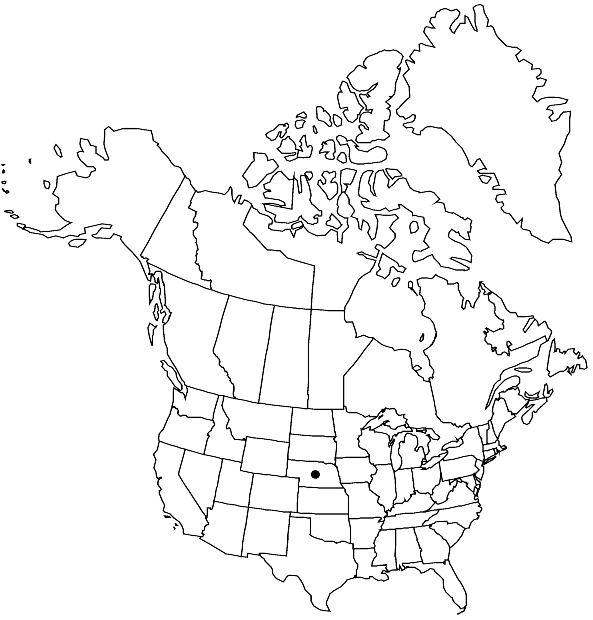familyPottiaceae
subfamilyPottiaceae subfam. Pottioideae
genusPterygoneurum
speciesPterygoneurum subsessile
Difference between revisions of "Pterygoneurum subsessile var. kieneri"
Rhodora 51: 128. 1949,.
Treatment appears in FNA Volume 27. Treatment on page 609.
imported>Volume Importer |
imported>Volume Importer |
||
| Line 45: | Line 45: | ||
|publication year= | |publication year= | ||
|special status= | |special status= | ||
| − | |source xml=https:// | + | |source xml=https://bitbucket.org/aafc-mbb/fna-data-curation/src/2e0870ddd59836b60bcf96646a41e87ea5a5943a/coarse_grained_fna_xml/V27/V27_881.xml |
|subfamily=Pottiaceae subfam. Pottioideae | |subfamily=Pottiaceae subfam. Pottioideae | ||
|genus=Pterygoneurum | |genus=Pterygoneurum | ||
Latest revision as of 22:29, 5 November 2020
Capsule facultatively cleistocarpous: annulus differentiated but operculum remains attached, spores released through ruptured capsule walls.
Phenology: Capsules mature Jul.
Habitat: Grassland soil
Elevation: moderate elevations (950 m)
Discussion
Variety kieneri has possibly hybrid sporophytes. Two forms with identical gametophytes were present in the type collection, one with typical sporophyte, the other with that of the variety. The operculum is not dehiscent and the capsule bursts irregularly. The sporophyte apparently falls as a unit, breaking off at the base of the seta. The single collection is from Nebraska, Chase County, 12.5 km west of Champion, W. Kiener 10627 (MO).
Selected References
None.
Lower Taxa
None.
